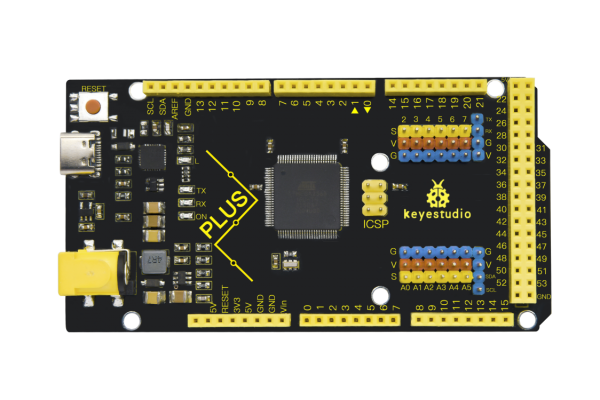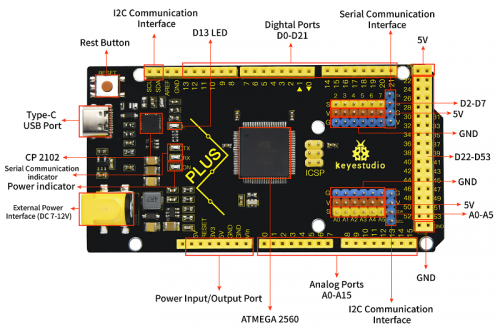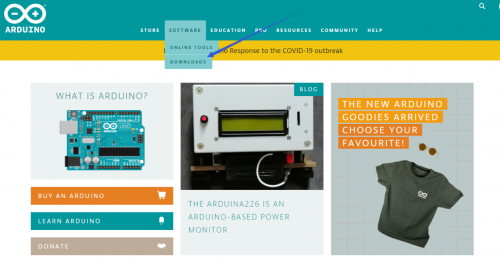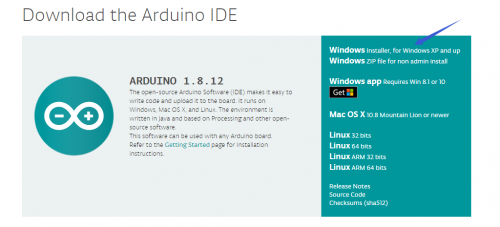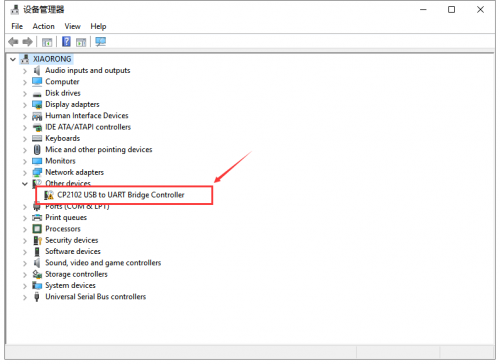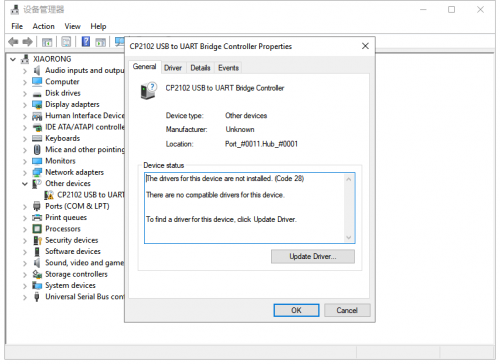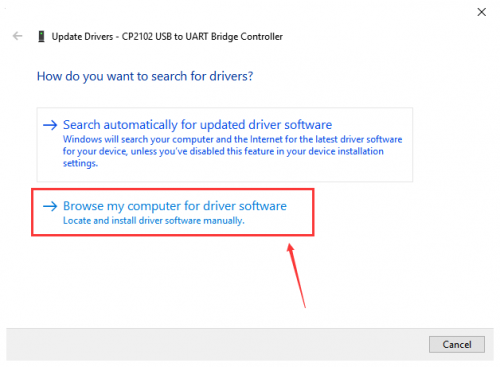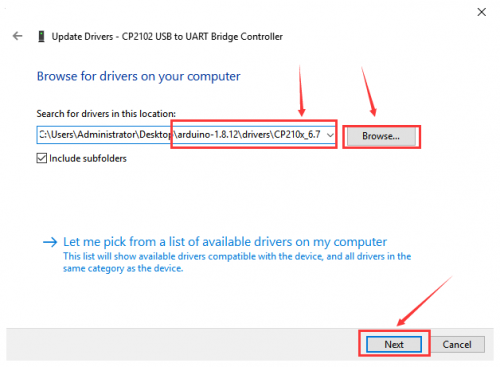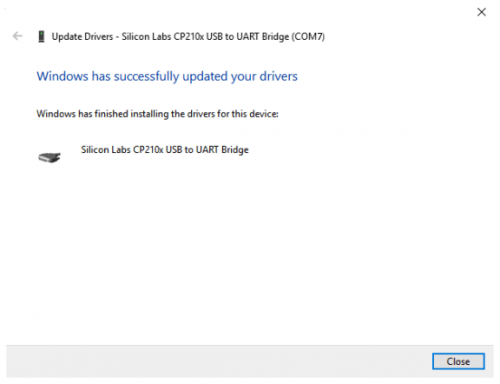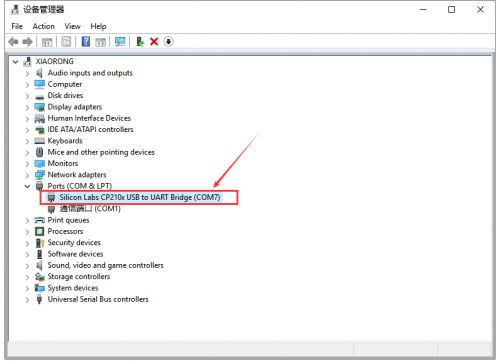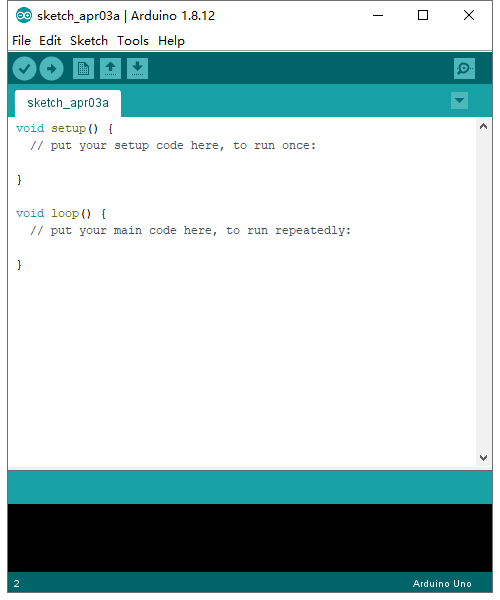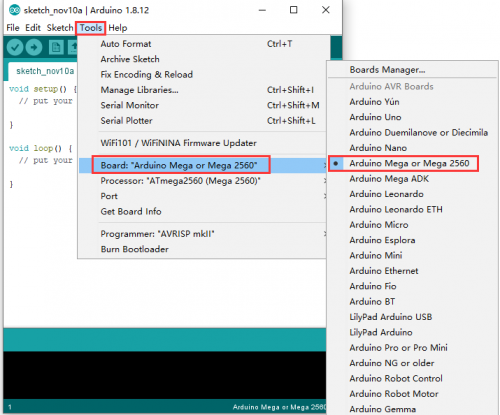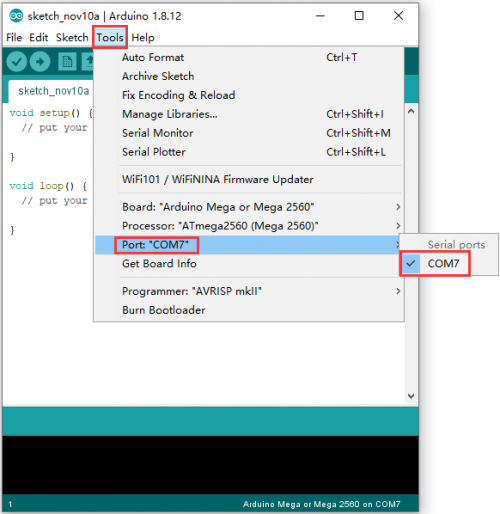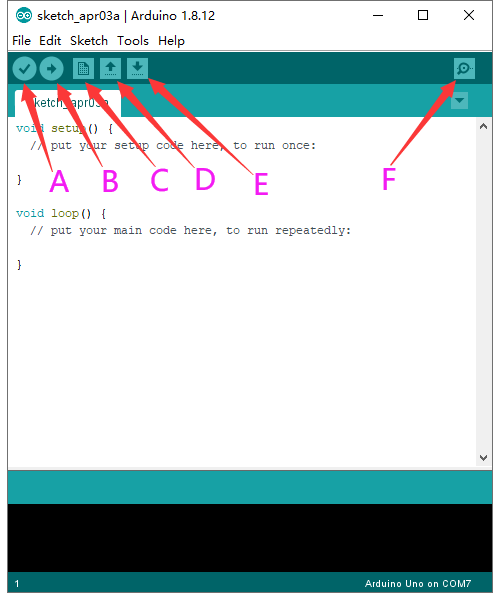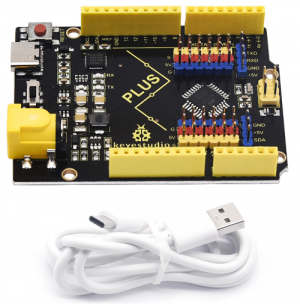KS0499 KEYESTUDIO Mega 2560 Plus Board: Difference between revisions
Keyestudio (talk | contribs) |
Keyestudio (talk | contribs) |
||
| Line 110: | Line 110: | ||
Before uploading the program to the board, let’s demonstrate the function of each symbol in the Arduino IDE toolbar.<br> | Before uploading the program to the board, let’s demonstrate the function of each symbol in the Arduino IDE toolbar.<br> | ||
<br>[[Image: | <br>[[Image:0085=17.png|500px|frameless]]<br> | ||
* A-Used to verify whether there is any compiling mistakes or not. | * A-Used to verify whether there is any compiling mistakes or not. | ||
Revision as of 17:10, 10 November 2020
Description
KEYESTUIDO Mega 2560 plus Board, whose processor core is ATMEGA2560-16AU, is fully compatible with ARDUINO MEGA 2560 REV3. USB to TTL chip adopts more economic and stable CP2012. This plus board consists of 54-channel digital input and output ports, of which 15 pins are served as PWM output, 16 analog inputs, 4 serial communication ports, one 16MHz crystal oscillator, 1 USB port, 1 power socket, 1 ICSP interface and 1 reset button.
Specification
- Microcontroller: ATMEGA2560-16AU
- USB to TTL chip:CP2102
- Operating Voltage: 5V
- Input Voltage (recommended):DC 7-12V
- Digital I/O Pins: 54 (D0-D53)
- PWM Digital I/O Pins:15(D2-D13 D44-D46)
- Analog Input Pins: 16(A0-A15)
- DC Current per I/O Pin: 20 mA
- DC Current for 3.3V Pin: 50 mA
- Flash Memory: 256 KB of which 8 KB used by bootloader
- SRAM: 8 KB
- EEPROM: 4 KB
- Clock Speed: 16 MHz
- LED_BUILTIN:D13
Interfaces Description
Special Interfaces Description
- Serial communication interface(4 channel): Serial(D0 =RX0, D1 =TX0), Serial1(D19 is RX1, D18 is TX1)
- Serial2 (D17 is RX2, D16 equals to TX2), Serial3(D15 is RX3, D14 is TX3), D0 and D1 are connected to ATMEGA16U2-MU
- PWM port(Pulse width modulation): D2-D13 and D44-D46
- External interrupt pins:D2(interrupt 0), D3(interrupt 1), D21(interrupt 2), D20 (interrupt 3), D19(interrupt 4)and D18(interrupt 5)
- SPI communication interface:D53 stands for SS, D51 is MOSI, D50 is MISO, D52 equals to SCK
- IIC communication interface:D20 represents SDA, D21 is SCL
Install Arduino IDE and Driver
Installing Arduino IDE
We firstly navigate the ARDUINO official website: https://www.arduino.cc/, click “SOFTWARE”----”DOWNLOADS”, we’ll see the following page.
There many versions for Arduino software, we only need to download the version suitable for system. Here, we take WINDOWS system as example to introduce how to download and install Arduino IDE.
There are two option versions as for your reference, one is an installer which can be directly downloaded in computer; another one is zip file which requires you to unzip and install it.
Just click“JUST DOWNLOAD”.
Installing Driver
Finish the download. Now, let’s install the driver of KEYESTUDIO PLUS control board. Its chip is CP2102 serial chip. In general, the driver of CP2102 serial chip is included in ARDUINO version 1.8 and above. The driver will be recognized and installed as long as you connect board to computer with USB.
Some system can’t install automatically driver, you could install by hand. Open the device manager of computer and you will see a yellow exclamation mark which means the driver of CP2102 isn’t installed successfully.
double-click the“Cp2102 USB to UART Bridge Controller”and a window pops up, click“update driver”, as shown below:
Click “Browse my computer for driver software” to find out the ARDUINO software to be installed.
There is a DRIVERS folder inside, enter it and the driver of CP210X series chip is shown.
Choose the folder to be installed, click“Next”, the driver of CP2010 is installed successfully.
Up to now. Then you can right click“Computer”—>“Properties”
—>“Device manager”, you will see the device as the figure shown below.
The driver is installed successfully and the yellow exclamation mark is gone.
Arduino IDE Setting
To avoid the errors when uploading the program to the board, you need to select the correct Arduino board that matches the board connected to your computer.
Then come back to the Arduino software, you should click Tools→Board, select the board. (as shown below)
Then select the correct COM port (you can see the corresponding COM port after the driver is successfully installed)
Before uploading the program to the board, let’s demonstrate the function of each symbol in the Arduino IDE toolbar.
- A-Used to verify whether there is any compiling mistakes or not.
- B- Used to upload the sketch to your Arduino board.
- C- Used to create shortcut window of a new sketch.
- D- Used to directly open an example sketch.
- E- Used to save the sketch.
- F- Used to send the serial data received from board to the serial monitor.
Start Your First Program
Open file to choose Examples—>BASIC—>BLINK
Set board and COM port, the bottom right corner of the IDE displays the corresponding board and COM port.
